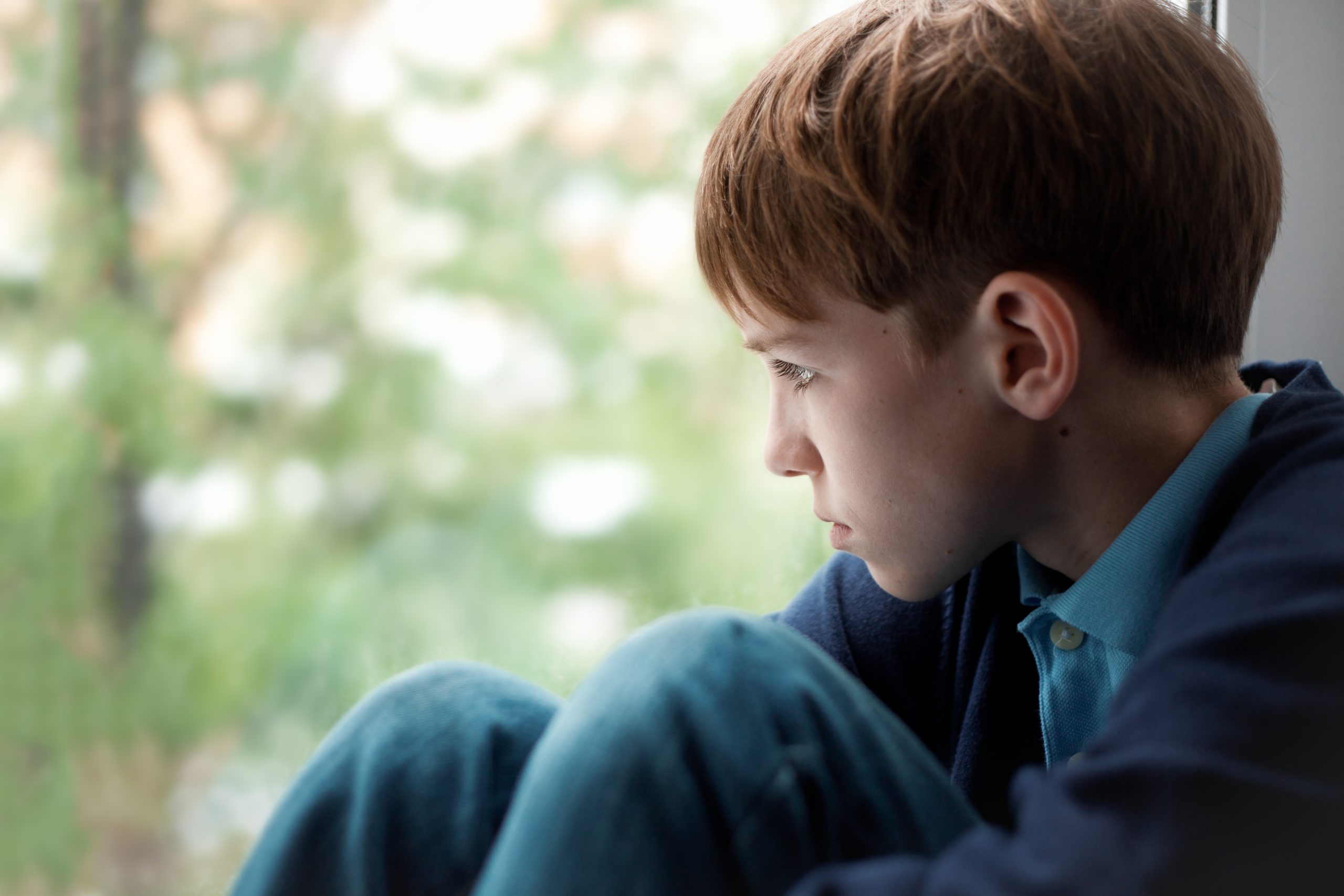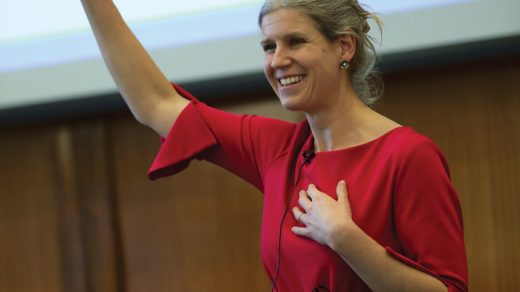Having enough money in the future is the top worry for over two million young people

An estimated two million UK young people signal their top worry for the future as having enough money, new research has revealed.
In a new turn of events, young people’s concerns about the environment and crime have been overshadowed by worry over rising prices.
Charity The Children’s Society’s most recent Good Childhood Report, a yearly assessment of children’s wellbeing in the UK, finds that one in ten children and young people aged 10 to 17 are unhappy with their lives and an even larger proportion have a gloomy outlook on society.
43% – or an estimated 2.7 million – do not feel positive about the country’s future, with 45% – or an estimated 2.8 million – feeling the same about the future of the world at large.
In another finding, less than half (47%) of the children in secondary school and above felt safe being out in their local area at night in 2023, with a larger proportion of girls than boys feeling unsafe.
Highlighting an even graver concern, the report indicates that children aged 10 to 15 were less satisfied with their lives in 2020-21, the latest data available, than when the results were first collected in 2009-10.
In 2020-21, children’s average scores for happiness with their life as a whole, friends, appearance, school, and schoolwork were all significantly lower than when the survey began, with family being the only aspect of life where there had been no significant change in children’s average happiness score.
Girls seem to be bearing the brunt, with their happiness scores on the same six measures all significantly lower in 2020-21 than in 2009-10. The survey further reveals an ongoing trend: girls continue to be significantly less happy with their appearance than boys.
Interestingly, in 2023, 15-year-olds were more likely than children of other ages to be unhappy with how they use their time, their appearance, school, and the future. The transitional nature of mid-teen years is thought to be the culprit.
Those aged 16 and 17, on the brink of adulthood, were less likely to have low wellbeing on these four measures, which The Children’s Society said is possibly due to increased control over their identities and lives.
Mark Russell, CEO of The Children’s Society, stated: “The last few years have been extremely tough and life is just too hard for too many children. It is a national scandal that children’s happiness continues to slide.
“It is really shocking that almost half of all young people feel gloomy about the state of our world, because we know they feel deeply about the future and have a deep sense of justice.”
He emphasised, “The need for improving children’s wellbeing is urgent. We are calling for children to be protected from the rising cost of living by renewing investment in social security for children through an increase to child benefits and we also need stronger Cabinet level representation for children to ensure their views are heard at the highest level of decision making.
“We need real leadership from government to turn this around. This should include a minister or a pledge from the Prime Minister to make children a priority with an accompanying strategy so we can invest in children and build hope and security for their futures.”





